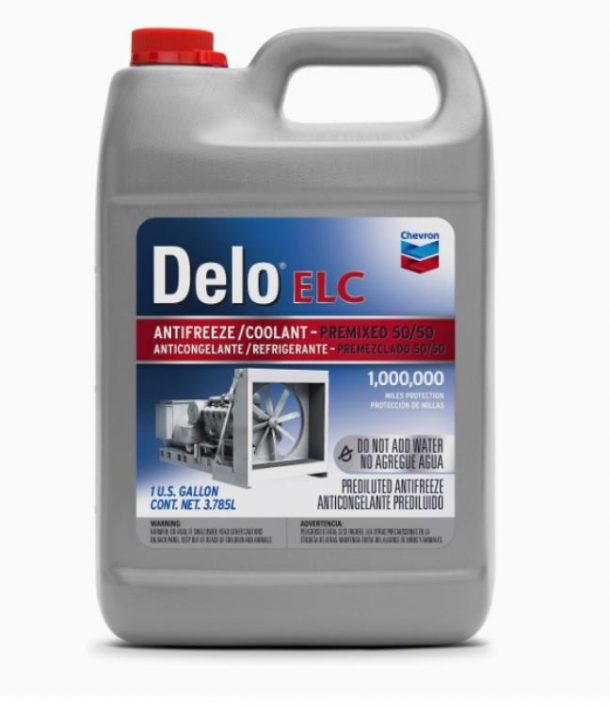

You can also catch him every other Monday on Calgary 770 AM talk radio when he delivers Motoring Mondays to an eager audience during the afternoon drive time. He took his pen on the road, so to speak, and offered similar consumer advice through several smaller news publishers over the years.Īs of late he’s taken to the airwaves as a news broadcaster for Lake 88 FM radio where he also hosts his own weekly call-in show on, what else, consumer advice. He began his writing for the Ottawa Citizen where he penned the ‘Ask the Expert’ column, answering motoring questions for thousands of readers. He still has a busy day job at a dealership counter today. This radiator coolant for hot weather is non. Engine Ice TYDS008 High-Performance Coolant.

His career has taken him from independent shop management to a stint at AMC Jeep Renault’s Canadian head office to a variety of OEM dealerships in parts and service management. Below are some of the best radiator coolants for hot weather. One of our longest contributors (over 30 years) Brian Turner is a veteran of the automotive repair world with over 4 decades of service. Even small amounts ingested can be fatal to animals. It has an unusually sweet taste, but it’s poisonous. If you have pets or even curious children, clean up any coolant spills quickly and store their containers safely. Trying to do this on a hot (or even mildly warm) engine can lead to a volcanic eruption of coolant which can cause severe burns. There are different blends of coolant for different vehicles and they don’t always mix well, so check your ride’s requirements before considering any top-ups.Īnd of course, never remove a pressurized radiator cap - that metal one - when the engine is anything but dead cold.

It also contains a lubricant necessary to keep the water pump from failing. Engine coolant also has a higher boiling point than water, so it is quite useful during hot days. Even below that temperature, the coolant won’t suddenly turn to a solid but instead will get slushy in nature. In the cold days of winter, its formula prevents it from freezing at temperatures down to –40☌, or lower. Yes, your vehicle’s engine requires coolant or anti-freeze year-round.


 0 kommentar(er)
0 kommentar(er)
